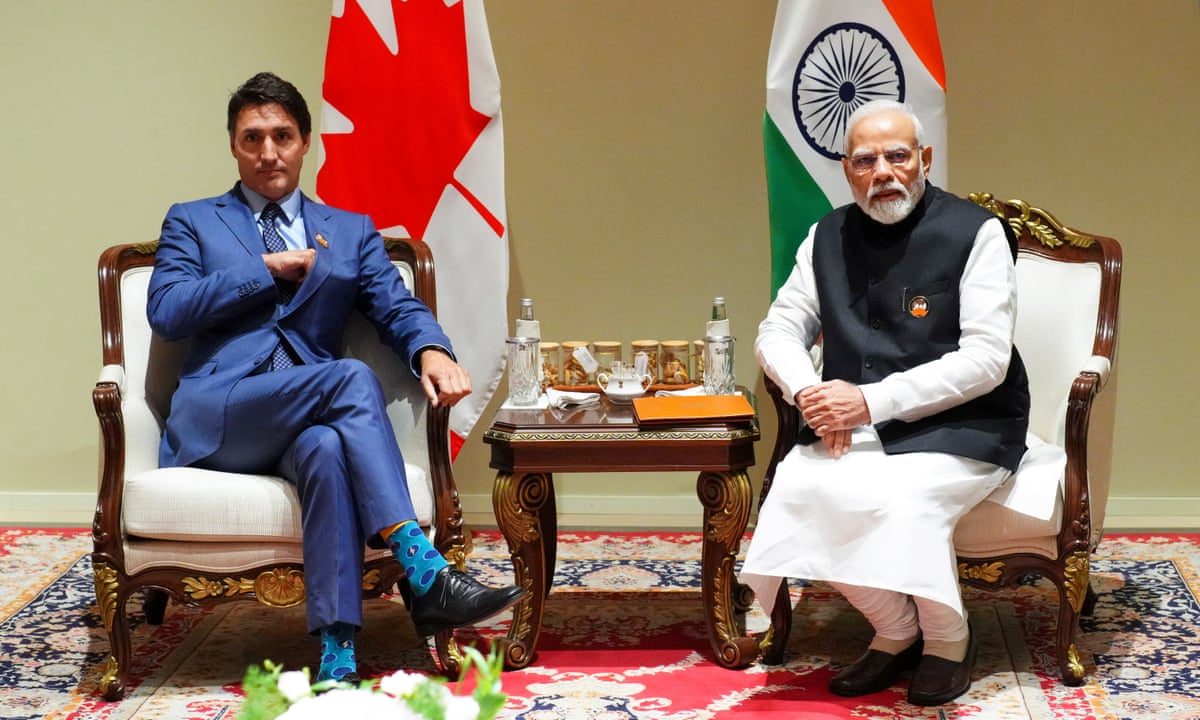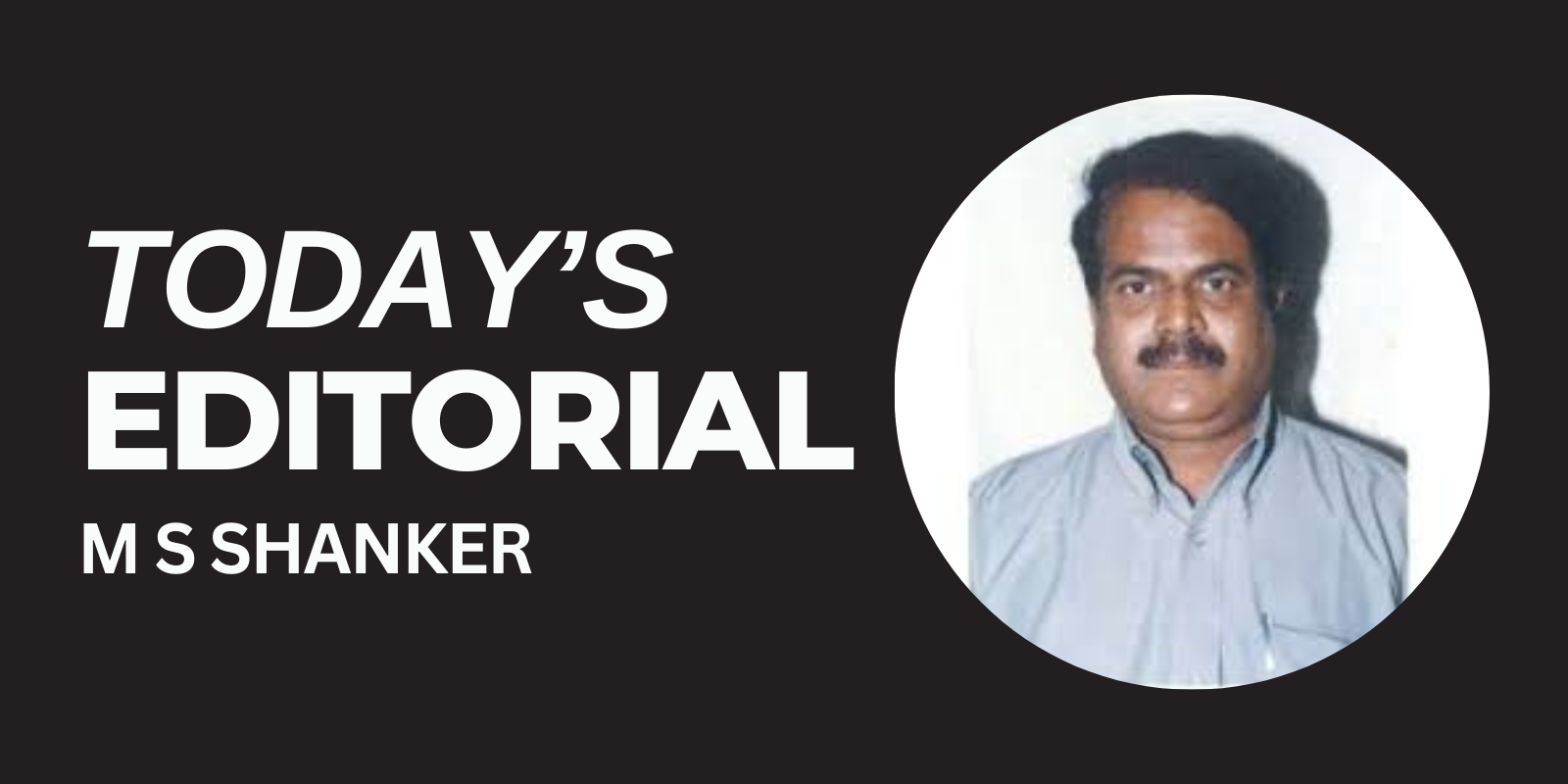India’s recent diplomatic response to Canada’s false allegations over the killing of Hardeep Singh Nijjar in June 2023 underscores the increasingly fraught relationship between the two nations. It also highlights the dangers of politicizing international relations for domestic gain. Prime Minister Justin Trudeau’s accusations against India—suggesting the involvement of Indian intelligence agencies in Nijjar’s assassination—have sent shockwaves through the diplomatic community. However, these claims not only lack substantive evidence, but they also appear to be part of a broader strategy by Trudeau to cater to a domestic political constituency, while undermining India’s growing global influence. To understand the broader context, we must look at the trajectory of India-Canada relations under Trudeau’s leadership. Relations began to fray significantly during his controversial visit to India in 2018. His visit, marked by symbolic missteps and an apparent disregard for protocol, was widely criticized in India. Trudeau’s warm ties with Canadian Sikh separatist groups—who had long lobbied for Khalistani independence—only added to the tension. Canada’s perceived support for the agitating Sikh farmers during the 2020-2021 farm laws protests further strained relations. This support, particularly through Canadian politicians like Jagmeet Singh, leader of the New Democratic Party (NDP), alienated India and signaled Trudeau’s willingness to take a stance that many in India viewed as hostile.
The current diplomatic crisis, revolving around the accusation of Indian state involvement in Nijjar’s killing, marks an escalation that cannot be explained away as mere political posturing. Trudeau’s government is well aware that the accusation is based on unverified intelligence, but the lack of evidence has not deterred him from making bold statements. The timing of the accusation is equally suspect, coinciding with India’s growing global influence and its strategic partnership with the United States, which Trudeau may see as a counterweight to his government’s broader geopolitical ambitions in the Asia-Pacific region. It’s worth considering whether Trudeau’s actions are driven by forces beyond political expediency. Could his anti-India stance be part of a broader agenda, potentially orchestrated at the behest of China, whose influence in Canadian politics has long been a point of concern? As India strengthens its ties with the U.S., China has a vested interest in countering this alliance. Accusing India, a rising global power, could serve China’s interests, while allowing Trudeau to maintain some semblance of neutrality in his dealings with both China and India. Under Trudeau, Canada has been reluctant to confront China over issues like the detention of Michael Kovrig and Michael Spavor, yet has shown a willingness to criticize India without solid grounds. This contradictory approach raises suspicions about Canada’s diplomatic motivations.

Under Prime Minister Narendra Modi, India has pursued a robust and independent foreign policy, focusing on strategic partnerships, economic growth, and military modernization. It is no surprise, then, that Trudeau, like his father Pierre Trudeau, has taken a more confrontational stance toward India. The elder Trudeau was known for his strained relations with India, especially during the 1970s when Canada supported Pakistan during the India-Pakistan war. The younger Trudeau seems to be following in his father’s footsteps, aligning with domestic political factions in Canada that have long harbored anti-India sentiments. India’s response to the Canadian allegations has been both firm and measured. Expelling six Canadian diplomats and recalling its ambassador from Ottawa were necessary steps to signal that India will not tolerate baseless accusations that undermine its sovereignty. This move was not only a demonstration of strength but also a clear message to Canada that India will not be bullied or manipulated into submission through false narratives. Canada must understand that India’s global stature today is the result of hard-earned diplomatic, economic, and political progress, and any attempt to undermine this progress through unfounded claims will not be tolerated. Against this backdrop, Canada’s accusations against India over Nijjar’s killing are not only baseless but politically motivated—aimed at advancing Trudeau’s domestic agenda while undermining the burgeoning U.S.-India relationship. India, with its rising global influence under Modi, is no longer a country that can be pushed around on the international stage. Trudeau’s actions reflect a flawed strategy—one that may have long-term consequences for Canada’s relations with India and its place in the Indo-Pacific region. For the sake of Canadian diplomacy, it is imperative that Trudeau rethink his approach and work toward mending ties rather than escalating tensions based on unsubstantiated allegations.






